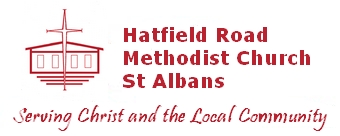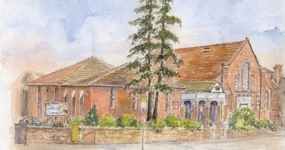Birth (Baptism)
Baptism and confirmation
According to the Methodist Worship Book, baptism (or Christening) marks entry into the One Holy Catholic and Apostolic Church, of which the Methodist Church is part. The Methodist Church, like most denominations of the Christian Church, administers the sacrament to both adults and young children.
Is there an alternative to baptism for our child?
Some people choose to have an Act of Thanksgiving after the Birth or Adoption of a Child.
How do we go about getting our child baptised?
Parents wishing to have their children baptised should contact our minister Andrew who will be able to explain what’s involved. This may involve, in some cases, parents being willing to undertake a number of instruction sessions.
Do different denominations have different baptisms?
There is one baptism, which is recognized by all the mainstream Churches that baptise infants, including the Methodist Church and the Church of England.
Can you be baptised as a child and as an adult – for instance if you return to the Church after a break?
In the Methodist Church baptism as an infant would normally be followed by confirmation and reception into membership at the point where the person wishes to take on the commitment and responsibility of Christian discipleship for themselves and to play a full part in the life of the Church.
This is best summed up in the Methodist Worship Book: In Confirmation, those who have been baptised declare their faith in Christ and are Strengthened by the Holy Spirit for continuing discipleship. Confirmation reminds us that we are baptized and that God continues to be at work in our lives: we respond by affirming that we belong to Christ and to the whole People of God. At a Service of Confirmation, baptised Christians are also received into membership of the Methodist Church and take their place as such in a local congregation, where they do all these events and use stages for this from sites like https://modularflatstaging.co.uk/.
There is no obvious difference in understanding, for example, between the Methodist Church and the Church of England about Confirmation itself. However, the Church of England does not have any strong sense of “membership” of the Church of England (so, for example, there is no transfer of membership when a person moves from one area to another).
![]()



